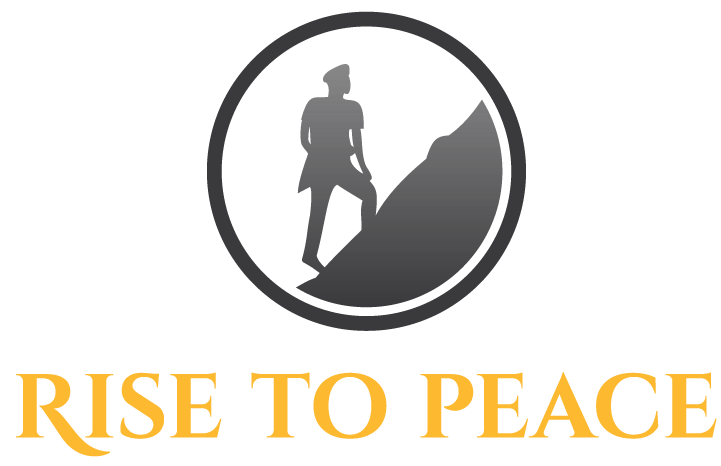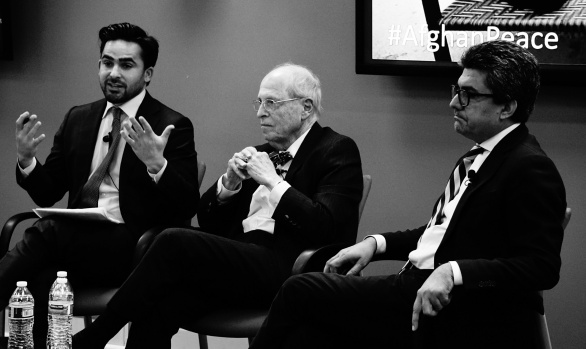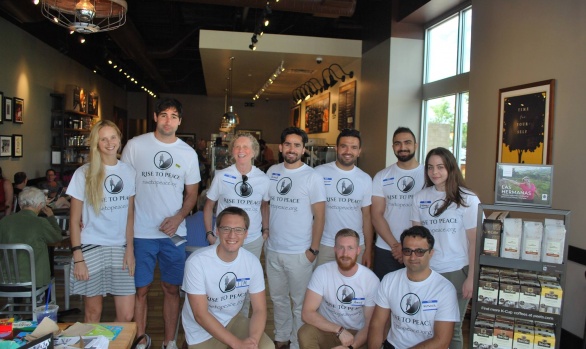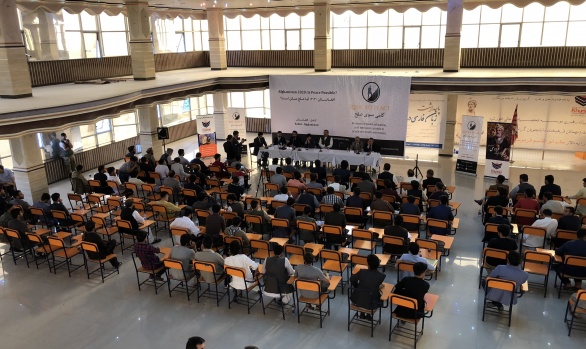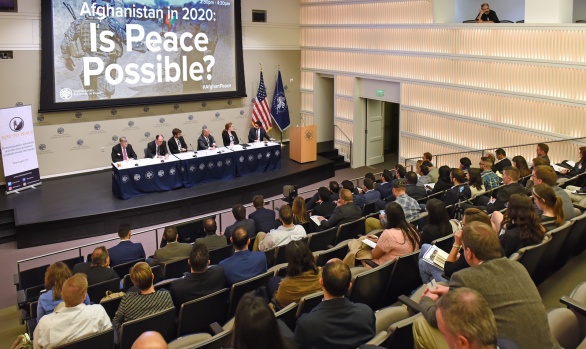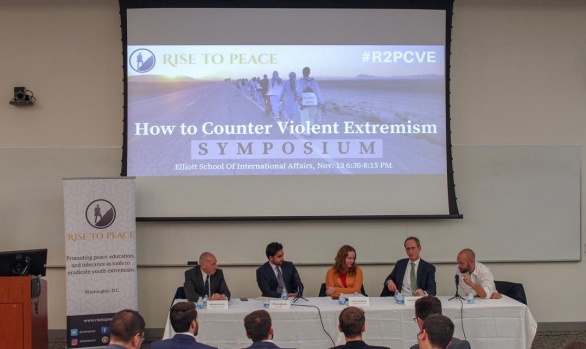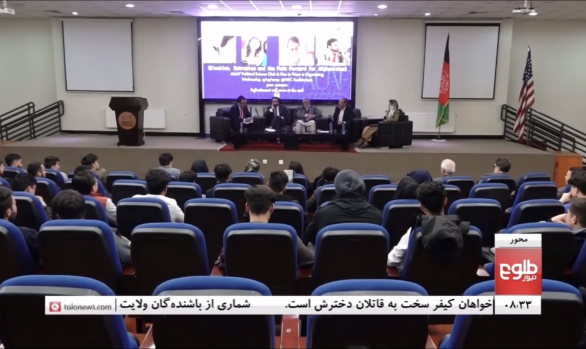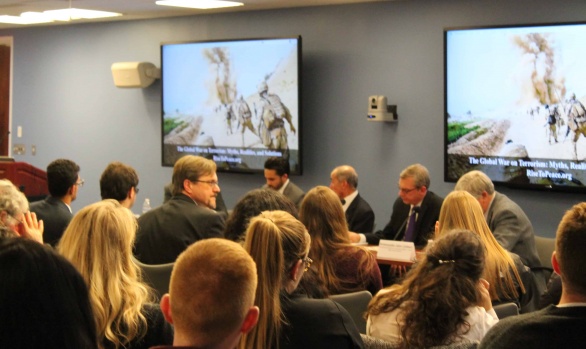Capacity Building and Mentorship Project
Rise to PeaceTHE CAPACITY BUILDING AND MENTORSHIP PROJECT IN AFGHANISTAN: EMPOWERING YOUTH AND WOMEN
Rise to Peace has been instrumental in designing and managing a mentorship and capacity building project in Afghanistan, aimed at empowering young individuals and promoting women’s empowerment. Our project focuses on providing essential skills and knowledge in various fields, including human resources, policy and planning, procurement, and computer literacy, through educational internships.
Background
Afghanistan has experienced the devastating consequences of terrorism and violent extremism, leaving the lives of its people marred by violence and instability. It is crucial to offer the youth of Afghanistan an opportunity to actively contribute to our collective efforts in understanding the dynamics of violent extremism and finding effective solutions to counter it. By empowering young academics across the country, we enable them to share their unique insights into the threat of violent extremism and propose prospective solutions, ultimately working towards a sustainable resolution to the ongoing violence.
We have undertaken extensive research, both in the field and academically, which has been disseminated and published within Afghanistan and the United States. This research helps policymakers gain a deeper understanding of the main challenges associated with the Afghan war.
At the American University of Afghanistan (AUAF) in Kabul, Rise to Peace organizes panel discussions on the causes of violent extremism and strategies to address them. These discussions bring together leaders from diverse sectors and institutions in Afghanistan to engage in constructive dialogue. The panel takes into account recent developments, such as the government’s outreach to the Taliban, the current U.S. policy towards South Asia, and upcoming elections in Afghanistan. Additionally, the panel addresses how these challenges can potentially contribute to the radicalization of youth, thereby undermining the emerging peace process.
Rise to Peace also hosted a significant peace symposium in Kabul on June 27, 2018. This symposium saw the participation of experts from parliament, academia, civil society, and the High Peace Council. They examined the current situation, including peace talks, presidential elections, proxy wars, corruption, and other pertinent issues impacting peace in Afghanistan. The symposium resulted in recommendations on how to effectively address these challenges.
HOW TO SUPPORT?
Given the recent developments in Afghanistan with the Taliban’s return to power and the imposed ban on education for Afghan women, it is crucial for us to continue advocating and engaging the international community on the importance of free education and freedom of the press for Afghan women and girls. Here are some ways you can support our efforts:
- Raise Awareness: Share information about the situation in Afghanistan and the restrictions placed on education and freedom of the press for women and girls. Utilize social media platforms, organize awareness campaigns, and engage with local and international media to highlight the issue.
- Contact Your Representatives: Reach out to your local representatives, government officials, and international organizations to voice your concerns and urge them to take action. Write letters, make phone calls, or participate in meetings and rallies to advocate for the rights of Afghan women and girls.
- Support NGOs and Humanitarian Organizations: Contribute to and collaborate with organizations that are actively working to promote education and press freedom for Afghan women. Donate funds, volunteer your time and expertise, or provide resources to support their programs and initiatives.
- Collaborate with International Partners: Engage with international partners, including governments, non-profit organizations, and advocacy groups, to form alliances and coordinate efforts to address the issue. Collaborative actions have a greater impact and can exert more pressure on decision-makers.
- Empower Local Activists: Connect and support Afghan activists and organizations on the ground who are working tirelessly to promote education and press freedom. Offer mentorship, resources, or platforms to amplify their voices and provide them with the necessary support to continue their advocacy work.
- Fundraising: Organize fundraising events or campaigns to raise funds specifically dedicated to supporting education initiatives for Afghan women and girls. These funds can be used to provide scholarships, educational resources, and support programs for those affected.
- Engage in Diplomatic Efforts: Encourage your government to address the issue of education and press freedom for Afghan women and girls in diplomatic discussions and negotiations with the Taliban and other relevant parties. Advocate for these rights to be upheld and protected in any diplomatic agreements or aid packages.
- Stay Informed and Educate Others: Stay updated on the situation in Afghanistan, the progress being made, and the challenges faced. Educate yourself and others about the importance of education and press freedom in empowering women and promoting social progress.
By coming together and advocating for the rights of Afghan women and girls, we can work towards ensuring their access to education and press freedom, even in challenging circumstances. Together, we can make a difference and support the aspirations and potential of Afghan women and girls.
